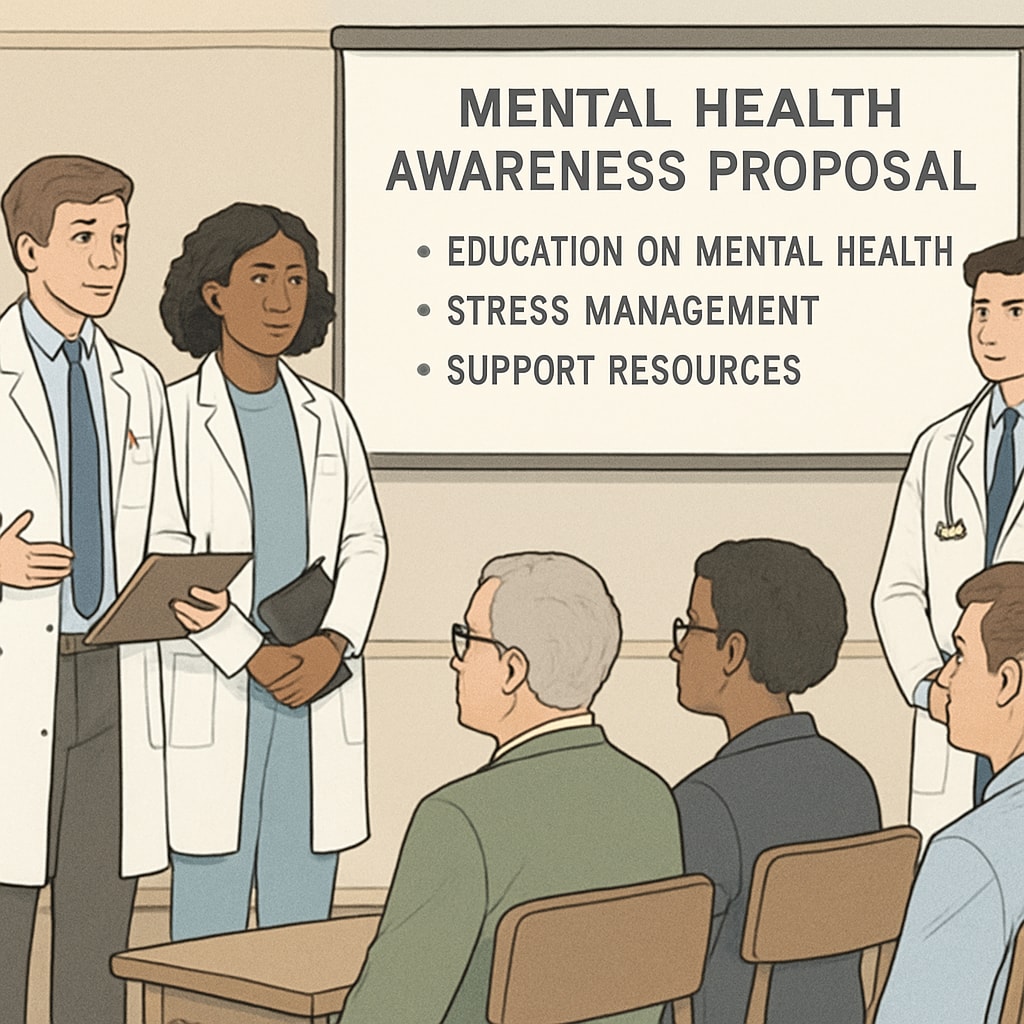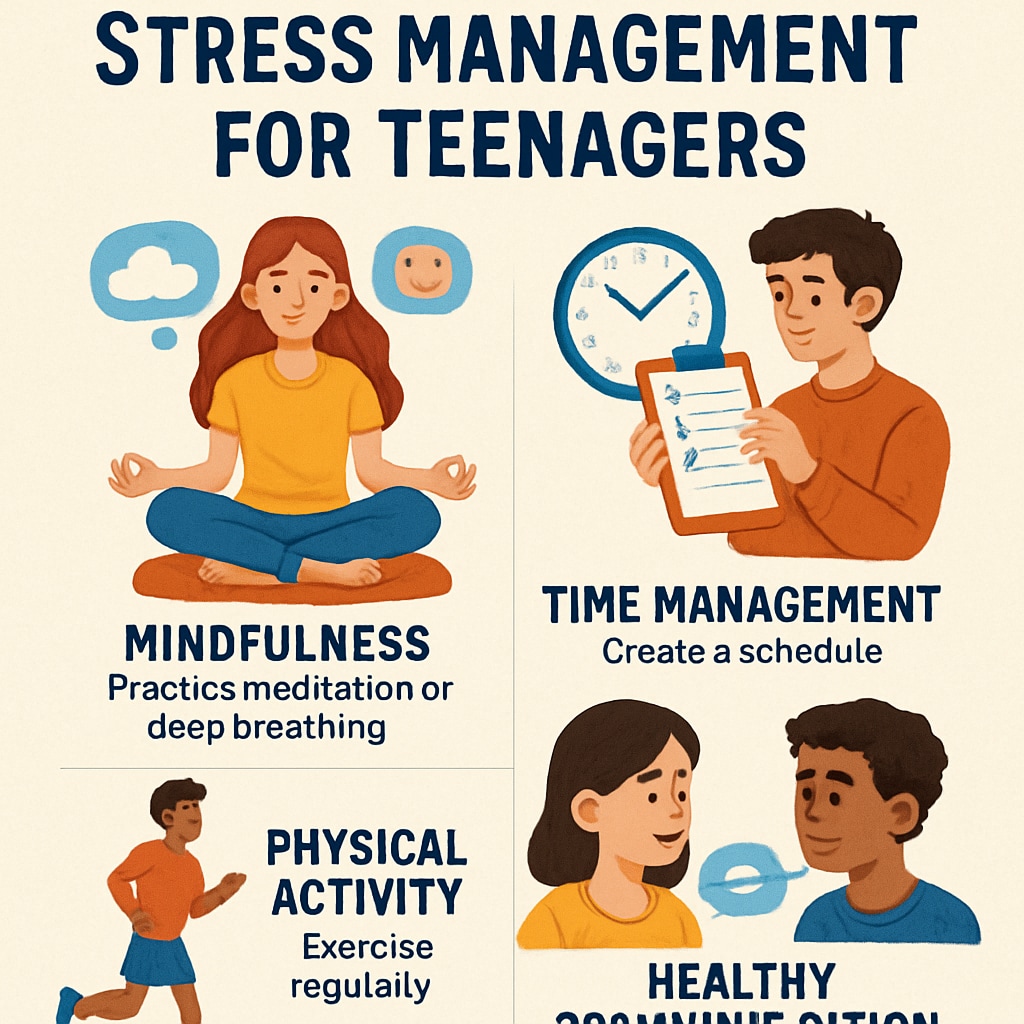Raising awareness about psychological health among high school students has become increasingly vital in today’s fast-paced world. Organizing mental health speech events, spearheaded by medical students, creates a powerful platform to educate teenagers on the importance of mental well-being. This article provides a step-by-step guide to implementing such events effectively, from initial contact with schools to content creation and feedback evaluation. By following this framework, medical students can bridge the gap between healthcare and education, fostering sustainable collaboration and making a lasting impact on teenagers’ mental health.
Building Connections: Initiating Collaboration Between Schools and Medical Students
Before diving into the event planning process, establishing a solid partnership between medical students and high schools is crucial. Reaching out to schools requires clear communication of the event’s objectives and benefits for students. Medical students can start by contacting school administrators, counselors, and teachers, presenting their proposal via email or in-person meetings. Highlighting the importance of mental health education and the expertise medical students bring to the table can help secure initial buy-in.
- Prepare a concise yet compelling proposal outlining the event’s goals, expected outcomes, and logistical requirements.
- Ensure the school administration understands the significance of addressing mental health issues among teenagers.
- Offer flexibility in scheduling to accommodate school calendars and student availability.

Designing Content: Crafting Engaging and Informative Speech Material
The success of a mental health speech event hinges on delivering powerful, relatable, and age-appropriate content. Medical students should focus on creating interactive presentations that resonate with high schoolers, blending scientific insights with real-life applications. Incorporating multimedia elements, personal stories, and actionable advice can enhance engagement and retention.
- Address common mental health challenges faced by teenagers, such as anxiety, stress, and depression.
- Introduce coping strategies, mindfulness techniques, and resources for seeking help.
- Encourage participatory activities like Q&A sessions or group discussions to foster interaction.
For example, using relatable scenarios, such as managing academic pressure or navigating social relationships, can help students connect with the material. Additionally, sharing mental health statistics or success stories of individuals who overcame challenges can inspire hope and motivate change.

Executing the Event: Ensuring Smooth Delivery and Engagement
On the day of the event, medical students must focus on creating an inclusive and welcoming atmosphere. Building rapport with the audience is essential to ensure participation and attention. Start with an icebreaker or an engaging introduction that sets the tone for the session.
Here are key tips for executing the event:
- Test all equipment, including microphones, projectors, and laptops, to avoid technical issues.
- Keep the speech concise, ensuring that key messages are delivered effectively within the allocated time.
- Encourage students to share their thoughts, ask questions, and provide feedback during the session.
In addition, medical students should ensure their delivery style is friendly, approachable, and professional. Avoid using overly technical jargon, as this can alienate the audience. Instead, focus on simplifying complex concepts and making them relatable to young minds.
Evaluation and Feedback: Measuring Impact and Improving Future Events
After the event, gathering feedback from students and school staff is essential to understand its effectiveness and identify areas for improvement. Medical students can distribute anonymous surveys or conduct brief interviews to gauge participants’ reactions.
Key feedback metrics to track include:
- Students’ understanding of mental health concepts and their applicability to daily life.
- Participants’ confidence in seeking help or using coping strategies introduced during the session.
- Suggestions for topics or activities to include in future events.
Based on feedback, medical students can refine their approach, ensuring that subsequent events are even more impactful. This iterative process helps establish a long-term collaboration model between schools and healthcare professionals, benefiting more students in the future.
Organizing mental health awareness speech events for high school students, led by medical students, is a meaningful way to address the growing need for psychological health education. By following the steps outlined — forming partnerships, designing engaging content, executing the event, and evaluating feedback — medical students can create a sustainable model that empowers teenagers to prioritize their mental well-being. As a result, these initiatives can contribute to healthier and more resilient future generations.
Readability guidance: Use short paragraphs to improve flow and readability. Incorporate lists for clarity and avoid excessive jargon. Ensure transitions between sections are smooth and logical.


